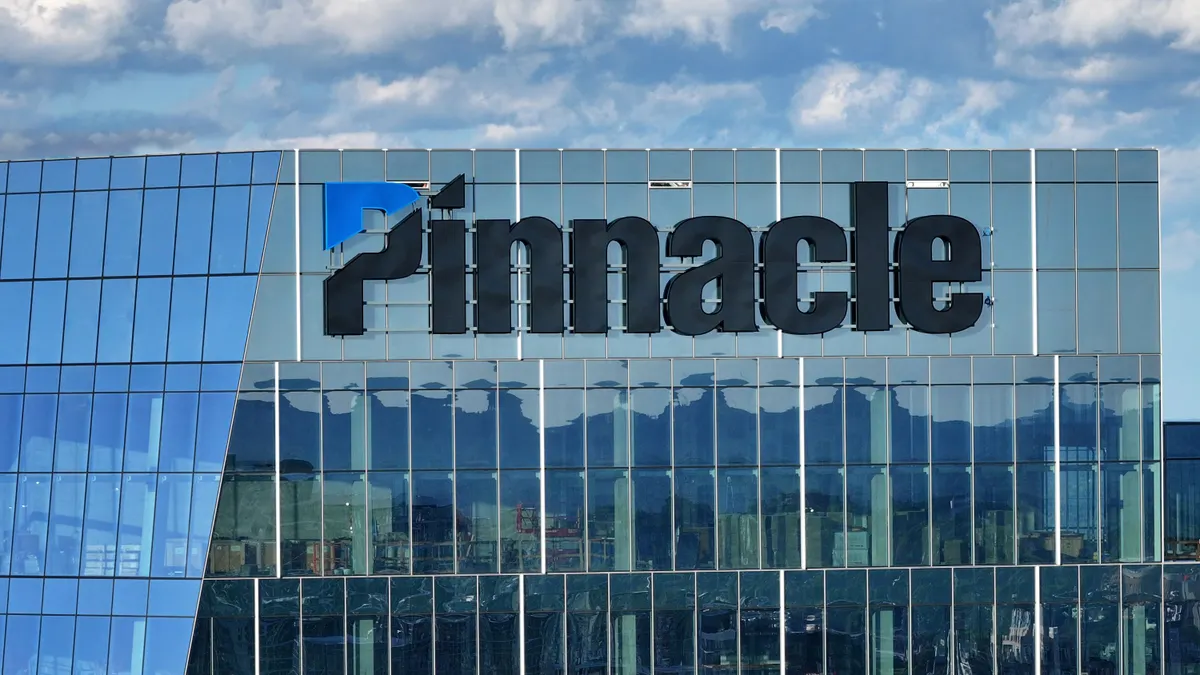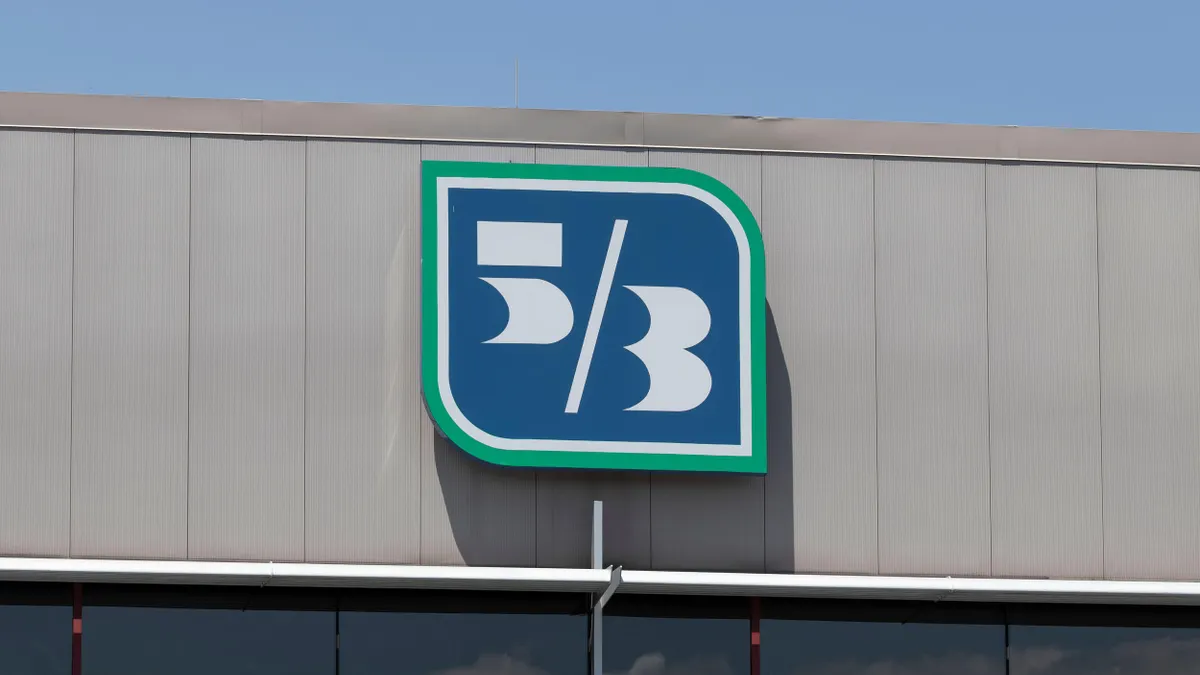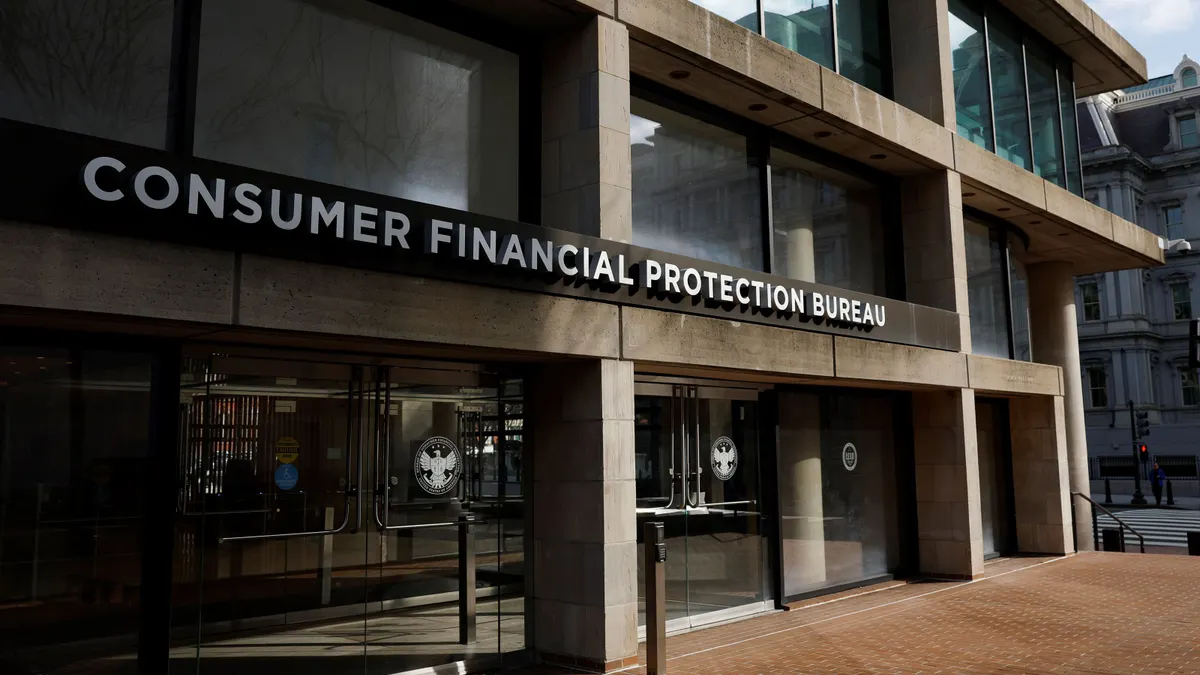Ripple CEO Brad Garlinghouse says the No. 1 piece of advice he can give to entrepreneurs in the blockchain space is to narrow their focus.
Garlinghouse discussed the growth of Ripple, which boasts a global portfolio of banks using its RippleNet blockchain network, during a fireside chat with Chris Brummer, faculty director of Georgetown Institute of International Economic Law, at DC Fintech Week on Wednesday.
"There are so many different, interesting applications for how you can apply blockchain technologies to increase efficiency of transactions. Any industry that has a middleman, you can use a blockchain to arguably eliminate that middleman and reduce friction, trim the cost and speed," Garlinghouse said. "I think one of the mistakes that some in the industry have made is they go super broad and not very deep. Ripple has done the opposite."
Garlinghouse said Ripple's main focus to solve the banking liquidity problem for cross-border payments is proving a successful business model.
"It's going really, really well," he said.
Ripple was founded in Silicon Valley in 2012 and developed the XRP cryptocurrency, which is designed to make international payments cheaper and faster, and helps banks and financial institutions with international payments. Garlinghouse said the company owns roughly 56% of the world's XRP.
More than 200 banks, payment providers and digital asset exchanges around the globe use RippleNet.
PNC Bank launched on the platform in August, becoming the first U.S. bank to process cross-border payments on the network.
Garlinghouse said Ripple's transaction volume is steadily growing, as more banks sign on to its network.
"Last year, we ended up in the many tens of thousands of transactions. We're growing those transactions to the tune of 10x year over year, doubling almost every quarter," he said. "We're adding in banks to the network. That means more corridors and they add volume because there's also more nodes on the network."
Ripple announced a partnership in June with money transfer company MoneyGram, which he said has been eager to see the network continue its growth.
"I got a call from [MoneyGram CEO Alex Holmes] two weeks ago, and he's upset because we're not growing fast enough,” Garlinghouse said, adding that MoneyGram wants Ripple to launch its on-demand liquidity product in more markets more quickly, because of the success it's seeing in Mexico.
Garlinghouse said he welcomes the demand. However, the company is taking a measured approach to expansion.
"We're not going to launch new markets until we've engaged regulators in those markets and until we know the exchanges are robust and compliant and all the things that go with that," he said.
Garlinghouse's chat at the conference came a day after his company announced it was opening a Washington office. Ripple claims to be the first major blockchain company to set up a global regulatory team in the nation's capital.
"At a time when I think a lot of companies in this space are running away from D.C., we're running toward D.C.," Garlinghouse said, adding he hopes the office can help provide clarity to regulators in Washington and globally, on the various functions of digital assets.
"I think it's very dangerous to paint any industry with one broad brush. And I think that's certainly true in the crypto community," he said. "When that happens, I think we're doing a disservice to those that are maybe working more constructively with industry, as opposed to those who are trying to circumvent regulation and circumvent laws."
During the wide-ranging discussion, Garlinghouse managed to offer his hot take on Facebook's efforts to convince U.S. lawmakers that the controversial Libra project is a good idea.
Garlinghouse's keynote took place while Facebook CEO Mark Zuckerberg was in the midst of a six-hour grilling from lawmakers at the Capitol.Members of the House Financial Services Committee challenged the social media leader's plans for a digital currency project in light of what many viewed as the company's poor track record on privacy and diversity.
"What Libra and Facebook got wrong is that the foundation for any financial service is trust," Garlinghouse said. "Facebook, by their own acknowledgment in today's testimony, has a deficit on trust.
"I think Facebook, frankly, in an arrogant way, decided, ‘We want to be on point here. We're going to lead it,’" Garlinghouse added. "And I think they didn't understand the trust deficit they had in governments, particularly."
Garlinghouse dispelled the notion that he is against the project.
"I'm actually not anti-Libra at all. I think it's not competitive to what Ripple's doing," he said. "If Libra is going to be another payment network, it's going to need to be interoperable with other networks. And that's what Ripple wants to do, so godspeed."





















